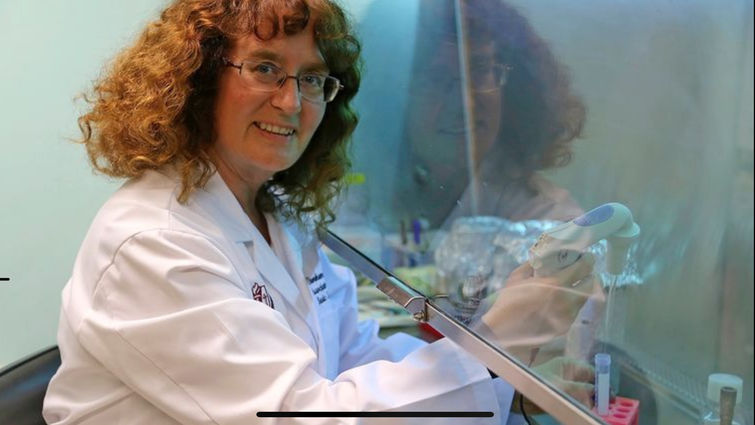
Oncologists have long understood that many cancers caused by human papillomavirus (HPV) are resistant to traditional treatments of chemotherapy and radiation. Now, Loma Linda University researchers have found a compound that unlocks those cells’ resistance to treatment in a laboratory setting.
The finding was reported in the journal Frontiers in Oncology, and pre-clinical trials are now examining the effect in mice. While the team is excited about the discovery, they remain cautiously optimistic—most initial drug findings are a longshot as to whether they will work in animal and patient trials.
Still, the finding is the first of its kind. Researchers found that the compound GA-OH can disable the E6 protein contained in cancerous cells that were caused by HPV.
“We’ll have to first figure out how safe GA-OH is for humans, but at least it gives hope that maybe this will work,” said Penelope Duerksen-Hughes, PhD, the study’s principal investigator and associate dean for translational research at Loma Linda University School of Medicine. “We’re excited to take this to the next step and see if we can do something that would help patients.”
Approximately 5% of cancers are caused by a virus, including HPV, which is contracted through sexual contact, Duerksen-Hughes said. HPV typically causes cancers in the cervix in women and in the head and neck in men.
Researchers cited a study that says such head and neck cancers are responsible for 650,000 new cases and 300,000 deaths every year worldwide.
Funding for the study was provided in part by the National Institutes of Health with additional support from the Loma Linda University School of Medicine.
